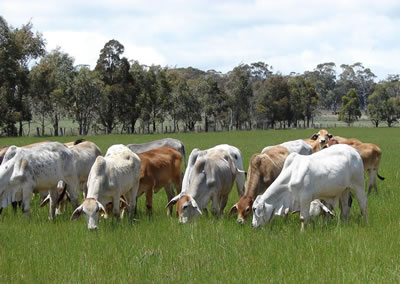The rise of the Internet and social media has brought with it a new method of buying and selling livestock that is quick, efficient and simple. But buying livestock online can pose a number of biosecurity risks, and increases the opportunity for unwanted pests, diseases and weeds to be inadvertently spread into new areas.
Under the Proposed Regulation of the Biosecurity Act 2015, biosecurity in the livestock industry can be managed through the general biosecurity duty. When trading stock online, both the buyer and seller of goods have a general biosecurity duty to minimise the impact and risk of pests, diseases and weeds. The general biosecurity duty supports the concept of shared responsibility, and provides that any person who deals with biosecurity matter or a carrier, and who knows (or ought reasonably to know) of the biosecurity risk posed (or likely to be posed), has a biosecurity duty to ensure that the risk is prevented, eliminated or minimised - so far as is reasonably practicable.
Buyer security can be enhanced by taking the following measures:
-
Hold newly bought stock in a yard for 48 hours on arrival, to ensure any weed seeds in the gut are passed
-
Hold newly bought stock in a quarantine paddock for at least a month before mixing with other livestock. During this time, stock should be closely monitored for signs of disease
DPI strongly recommends that all people who own or manage livestock develop a biosecurity plan. The FarmBiosecurity app is a useful tool for ensuring strong on-farm biosecurity, with more information available here.
